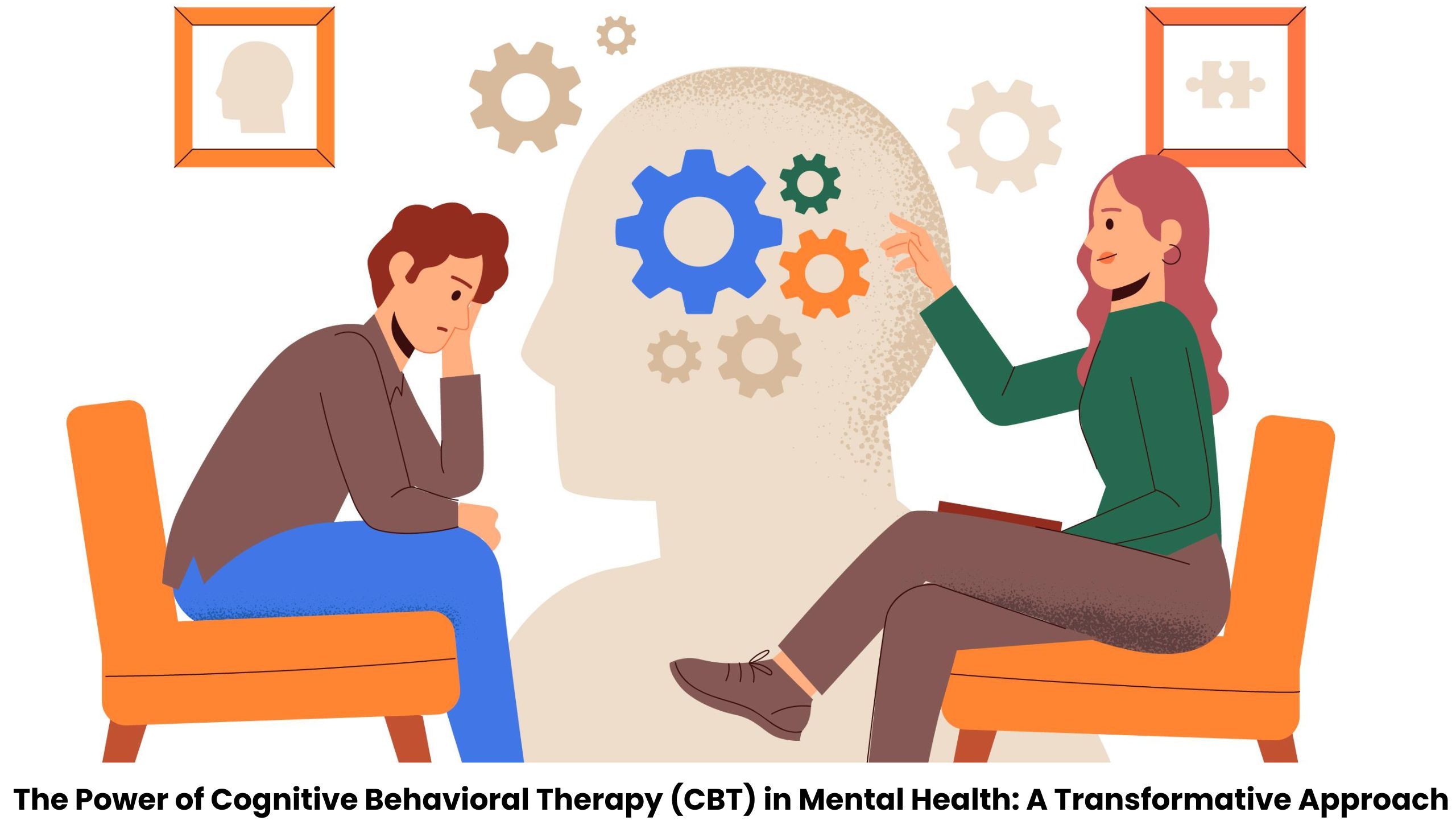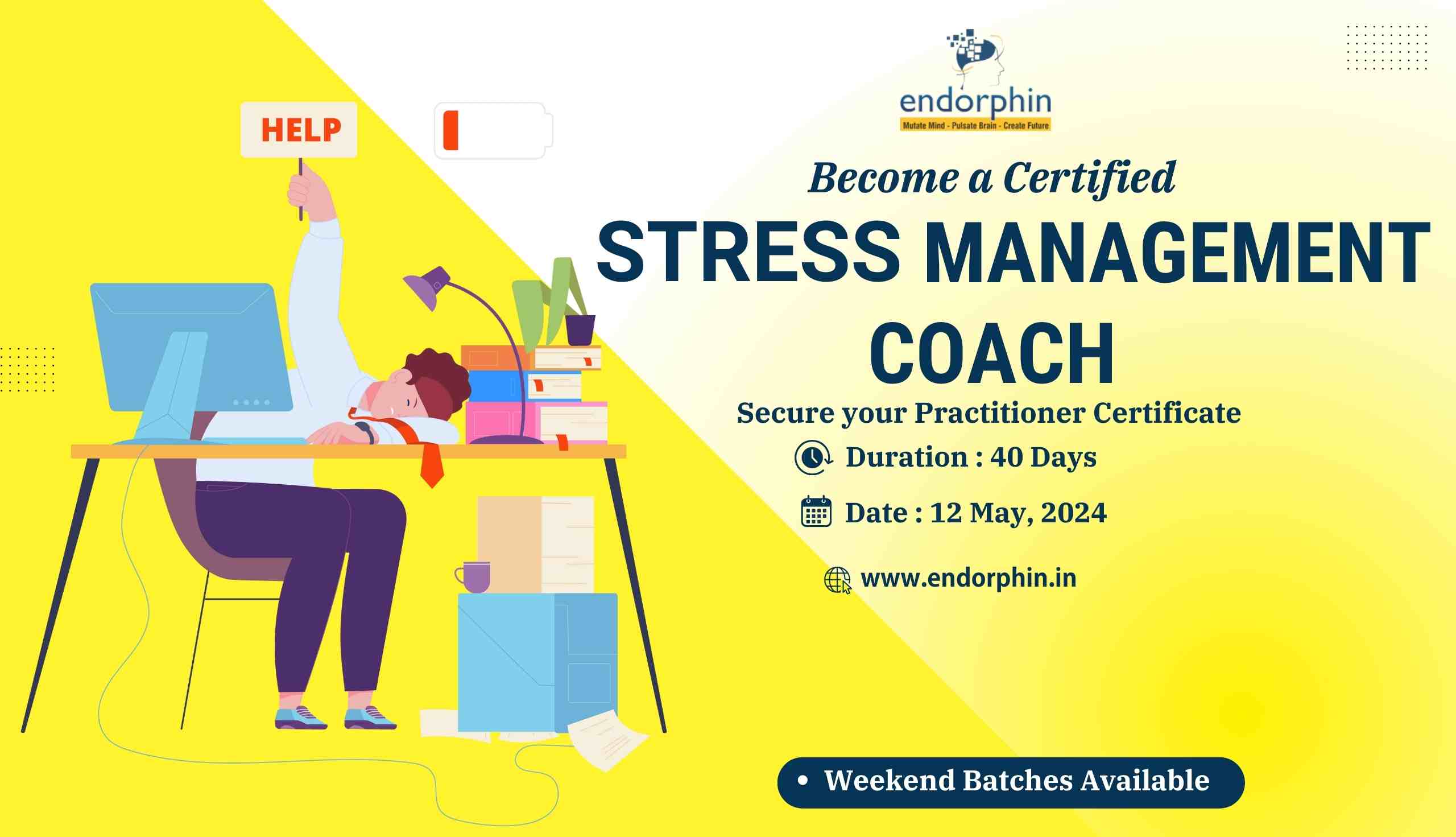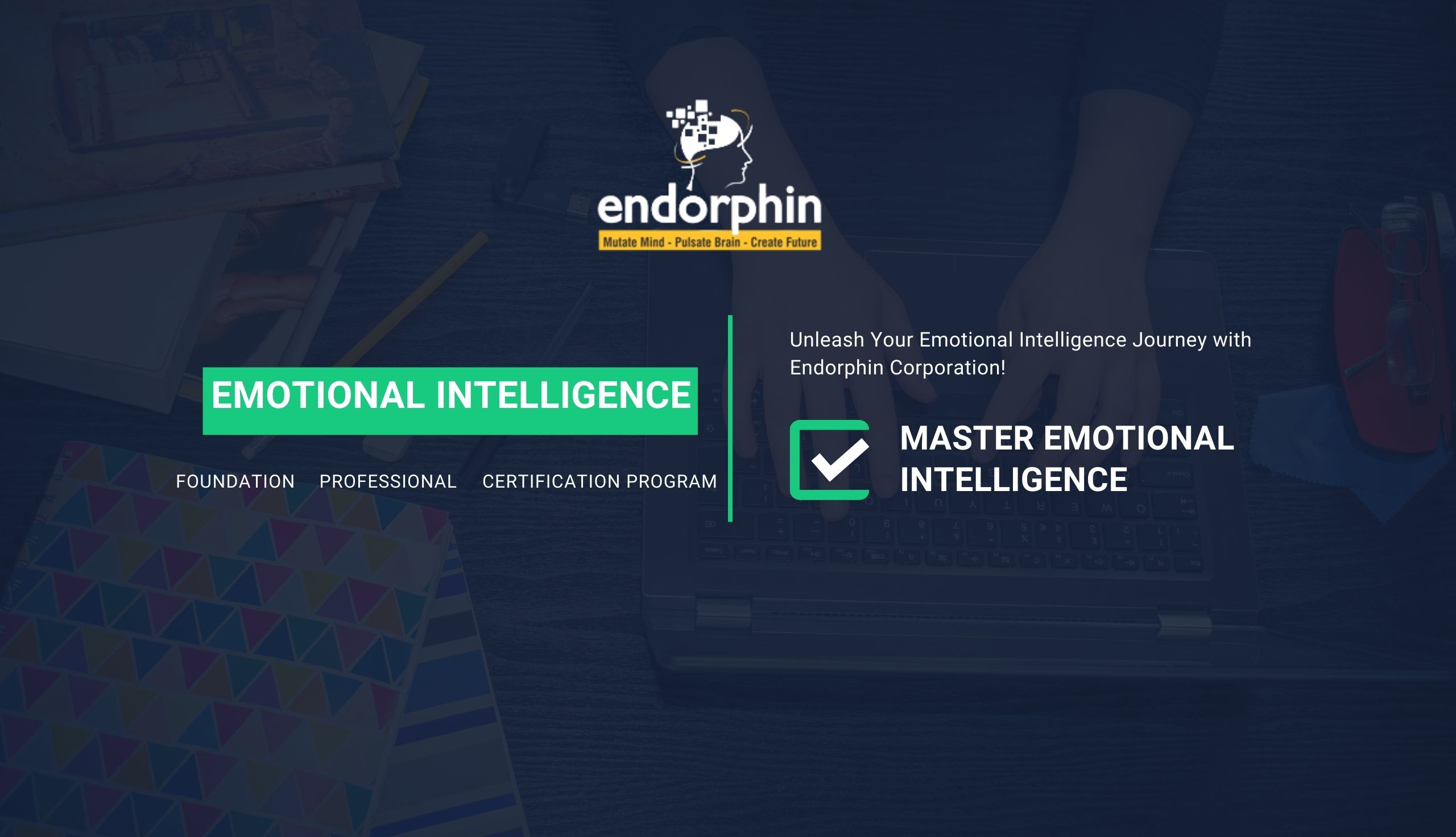
Unraveling the Power of Cognitive Behavioral Therapy (CBT) in Mental Health: A Transformative Approach
In the realm of mental health treatment, one therapeutic approach stands out for its effectiveness and adaptability: Cognitive Behavioral Therapy (CBT). For decades, mental health professionals have relied on CBT as a powerful tool to help individuals navigate the complex landscape of their thoughts, emotions, and behaviors.
Understanding CBT:
At its core, CBT is rooted in the premise that our thoughts influence our feelings and behaviors. By identifying and challenging negative thought patterns, individuals can reframe their perceptions, consequently altering their emotional responses and behaviors.
The CBT Process:
Assessment and Collaboration: Mental health professionals initiate CBT by understanding the client’s concerns and collaboratively setting goals for therapy. This phase involves building a strong therapeutic alliance.
2. Identifying Thought Patterns: Clients learn to recognize their automatic thoughts and underlying beliefs contributing to distressing emotions or behaviors. By identifying these patterns, they gain insight into their cognitive processes.
3. Challenging and Restructuring Thoughts: Through guided exercises, clients challenge the accuracy and rationality of their thoughts. This process involves examining evidence supporting or contradicting their beliefs, leading to cognitive restructuring.
4. Behavioral Techniques: CBT integrates behavioral strategies, encouraging clients to engage in activities that challenge their negative thoughts. This could involve exposure therapy, behavioral experiments, or practicing new coping skills.Positive Results of CBT:
Symptom Reduction: Research shows that CBT effectively reduces symptoms associated with various mental health conditions such as depression, anxiety disorders, PTSD, and more.
Empowerment and Self-Efficacy: CBT empowers individuals by providing them with tangible skills to manage their thoughts and emotions independently. Clients gain a sense of control over their mental health.
Long-Term Benefits: The skills acquired through CBT are not limited to therapy sessions but extend beyond, impacting individuals’ lives positively in the long run.
Adaptability: CBT’s adaptable nature allows mental health professionals to tailor interventions based on individual needs, making it applicable across diverse populations and mental health conditions.
The Therapeutic Alliance:
Central to the success of CBT is the therapeutic relationship between the client and the mental health professional. A collaborative, trusting partnership facilitates effective implementation and positive outcomes.
In conclusion, Cognitive Behavioral Therapy continues to be a cornerstone in the field of mental health for its evidence-based approach and tangible results. Its emphasis on collaboration, skills-building, and adaptability underscores its significance as a transformative tool in helping individuals achieve improved mental well-being.
If you’re seeking effective and practical solutions to manage your client’s mental health challenges, consider taking up the Certification Course in Cognitive Behavioral Therapy with Endorphin Corporation. At Endorphin the CBT Certification program is designed to equip mental health professionals with the necessary skills and knowledge to deliver evidence-based interventions.





